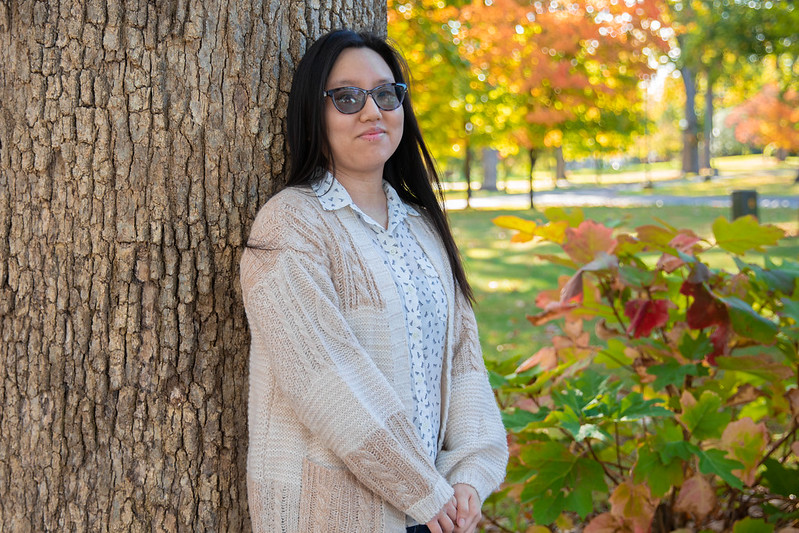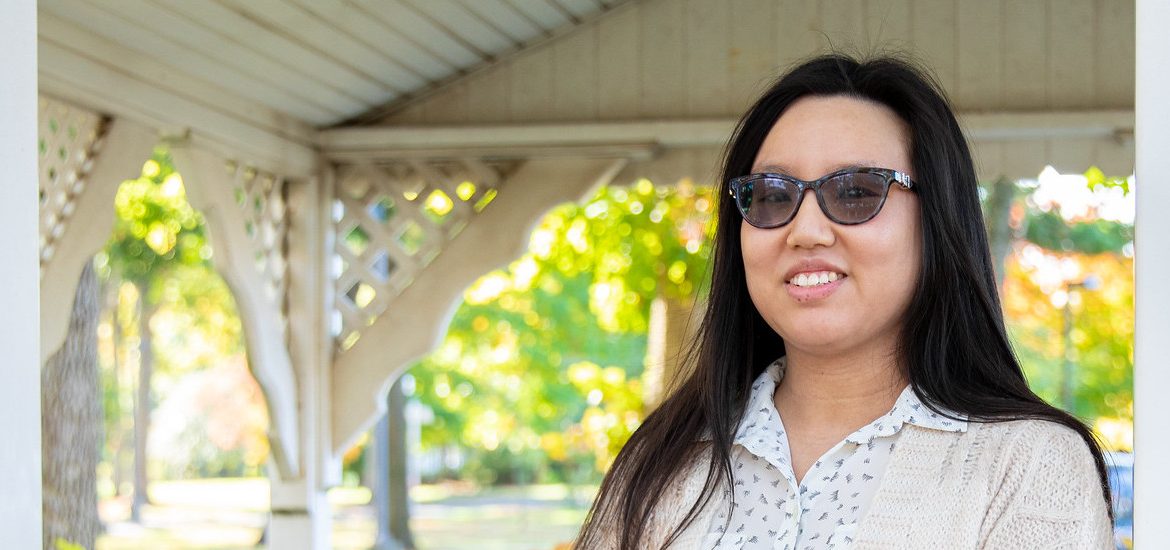This article is part of a running series with Rowan University’s Wellness Center This collaboration aims to educate students about personal well-being options. For further updates, follow @RowanUWellness on Twitter, Instagram or Facebook.
Caffeine seems to have become an inseparable part of being a college student. The most common ways to consume it are through coffee, tea, soft drinks, energy drinks, and, yes, even chocolate. Whether students consume it for the mental boost, taste, or to enjoy the social aspects, it seems to be the trendy thing to do. For all the joy and help caffeine provides to us, can it be hindering our performance and health?

From the moment we wake up, the chemical adenosine builds up in our brains and accumulates throughout our day. It is what makes us feel tired by inhibiting wakefulness and promoting the sleepiness areas of our brain. What caffeine does to our body is block the adenosine from binding to the adenosine receptors making our brain unable to recognize how long we’ve been awake. However, caffeine doesn’t make adenosine disappear, only sleep does which is the reason why some people experience caffeine crashes. Caffeine does not replace good sleep and its effects have been known to interfere with sleep quality and patterns. So what can we do to maximize the benefits and minimize the risk?
First, we need to understand our own bodies because everyone reacts to caffeine differently. If someone suffers from generalized anxiety or depression, caffeine may worsen the symptoms. Caffeine is a stimulant that increases the circulation of adrenaline in our body which increases our fight-or-flight response. Students may experience a more severe drop in mood once the effects wear off caused by caffeine withdrawal. For those individuals, it is recommended to find caffeine substitutes. Some ways to stay awake without caffeine include a quick 5-minute exercise, getting some sunlight, and staying hydrated with water. Dehydration can make us feel sluggish and aromatherapy is also an effective way to stay awake.

Otherwise, it is recommended to stop consuming caffeine 4-6 hours before bedtime to allow for better sleep. Medical researchers also suggest waiting one hour after waking up to consume anything caffeinated. That is because cortisol, also known as the alert hormone, is at one of its daily peaks of production within an hour of waking up. Consuming caffeine first thing in the morning lowers cortisol production, making us less alert throughout our day. By taking advantage of the cortisol produced in our body and delaying caffeine consumption, we can be more alert and lower the chances of experiencing caffeine crashes in the afternoon.
In fact, if the environment permits, it might be best to take a coffee nap. Our body needs time to absorb caffeine for it to take effect and depending on the beverage the effects can kick in between 10-30 minutes. Take a 20-30 minute nap immediately after consuming caffeine. Most people find this to be more effective than drinking caffeine or taking a power nap alone.
Like what you see?
Story by:
Suzie Tse, Higher education graduate student, Wellness Center intern
Edited by:
Lucas Taylor, English education graduate student



